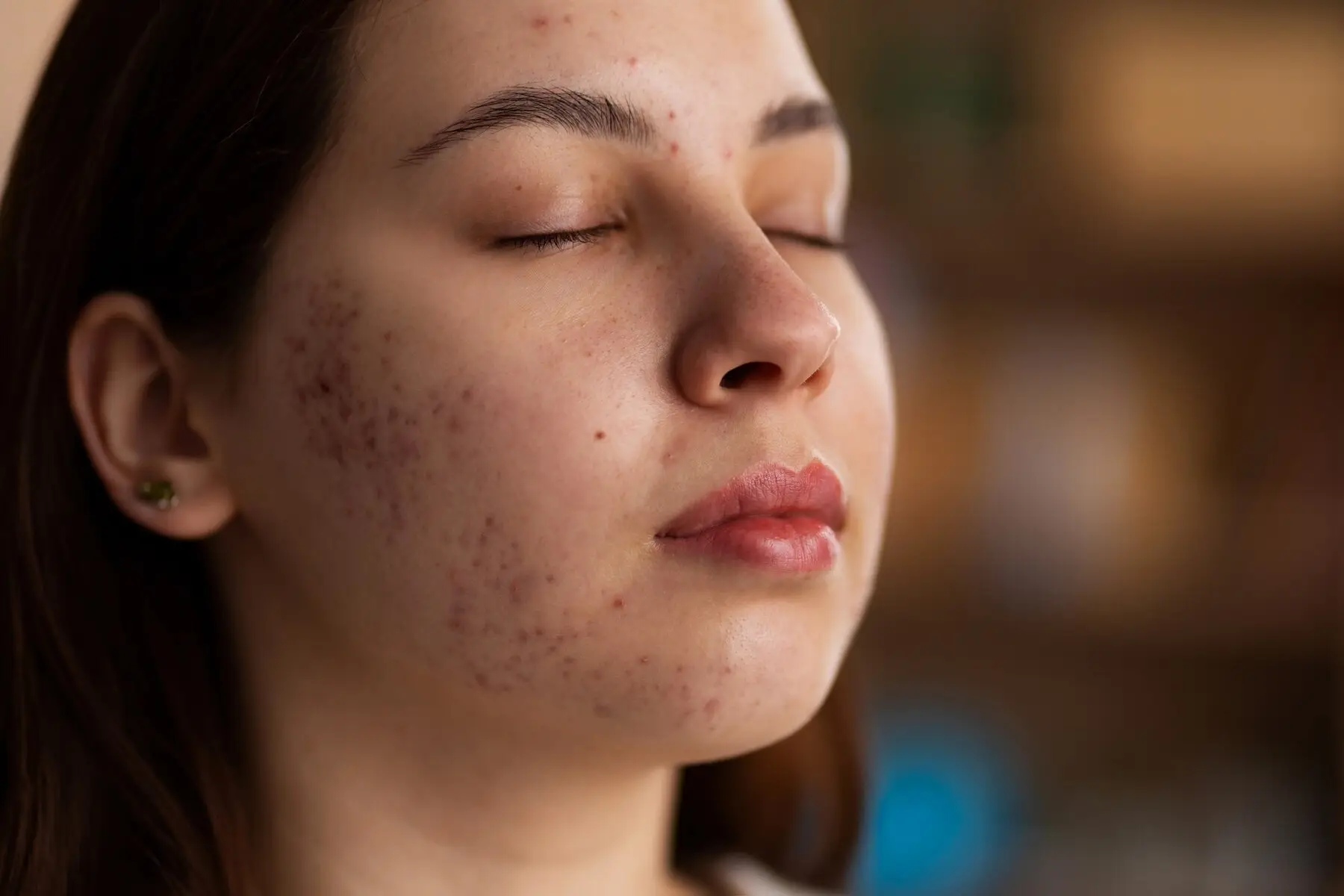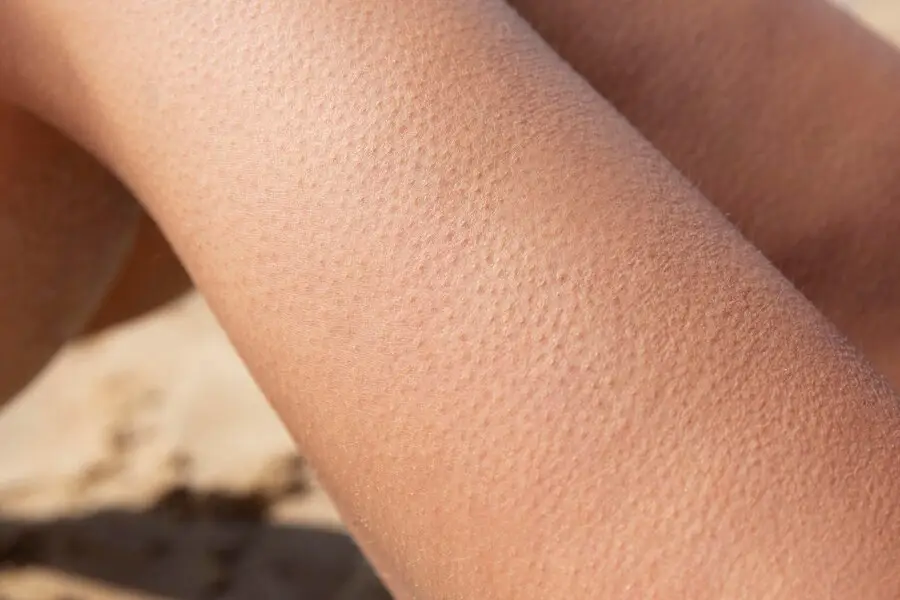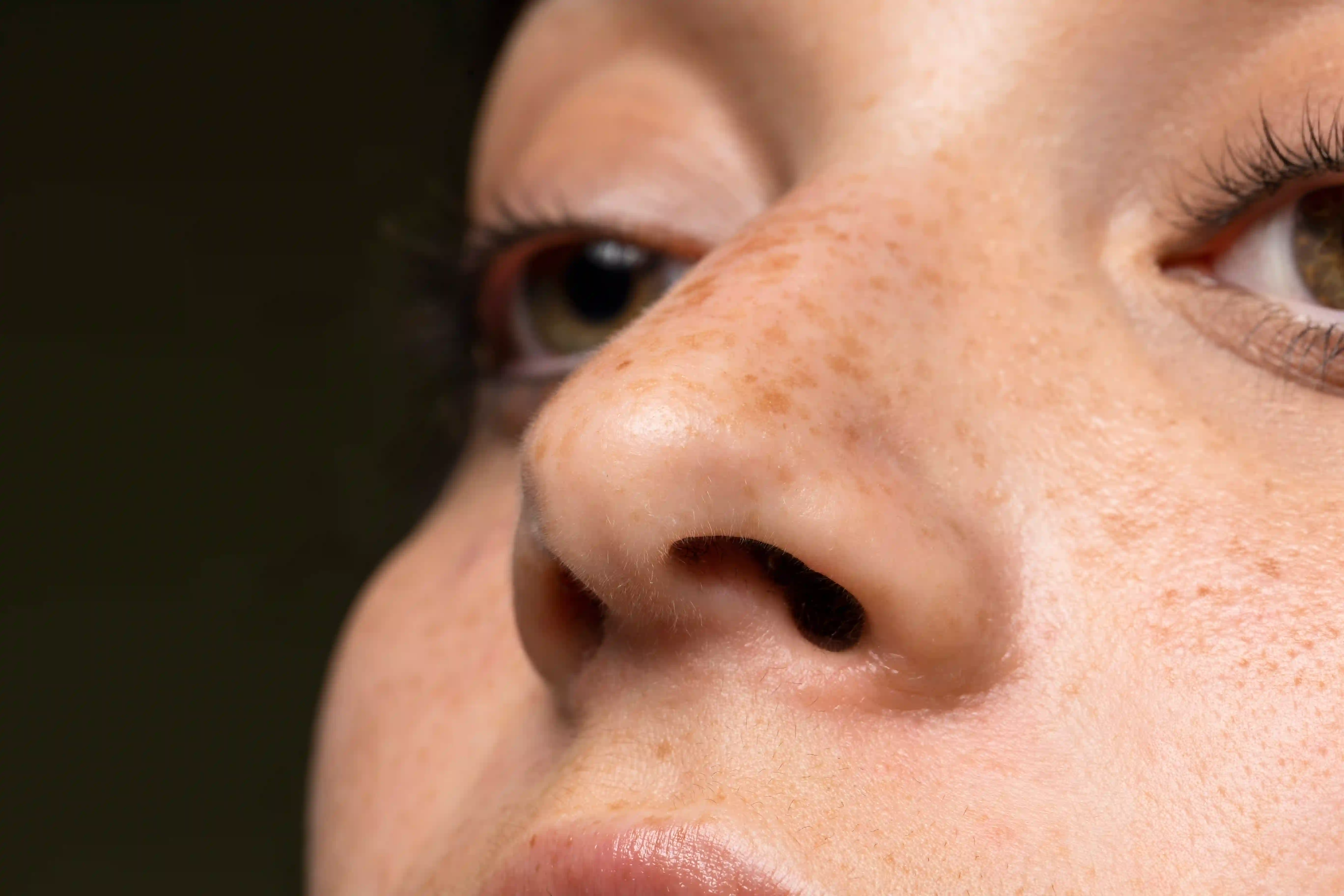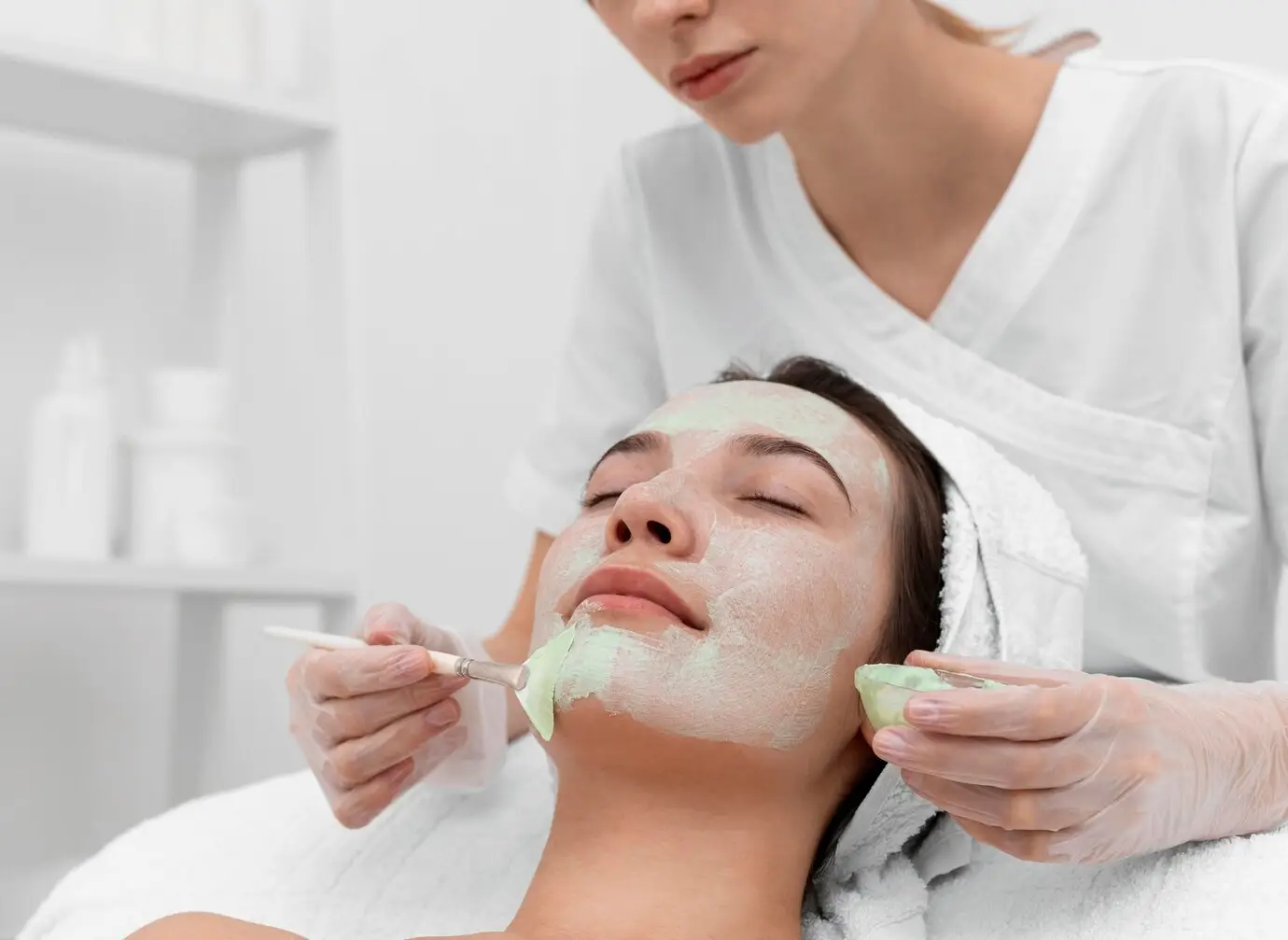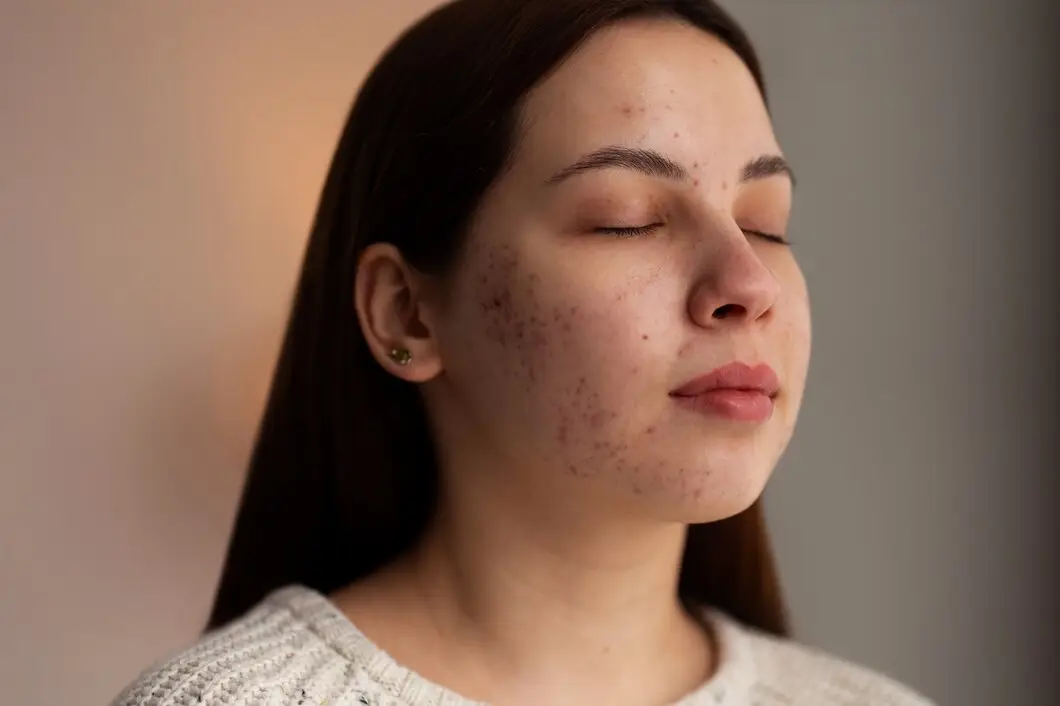Chemical Peeling Treatment Bali
Author: Administrator02/04/2024Experience Glowing Skin with Chemical Peeling in Bali
Uncover smoother, brighter, and more radiant skin with chemical peeling, one of the most effective aesthetic treatments for rejuvenation.
Chemical peeling is a controlled exfoliation procedure that uses a chemical solution to remove the outer layer of dead skin cells, stimulate collagen renewal, and promote healthier skin regeneration.
Depending on your skin needs, options range from light peel to medium chemical peel, or even deep chemical peels for more intensive renewal. Each session works to exfoliate dead cells, refine texture, and enhance skin appearance, leaving your treated skin visibly refreshed and youthful.
How Deep Chemical Peeling Works
This treatment uses specialized peeling agents to exfoliate the layer of the skin (dermis), helping to smooth texture, treat wrinkles, and improve overall skin appearance. Here’s how the process works:
1. Consultation and Physical Examination
Your doctor begins with a physical examination to determine your skin color, type, and any sun damage or scar tissue. This step ensures the most effective and safe use of the peeling agent, especially for sensitive or black skin types.
2. Application of Peeling Agent
Using tools like a cotton-tipped applicator, the specialist applies a solution containing lactic acid, glycolic acid, or even carbolic acid, depending on your needs. The peeling agent penetrates the outermost layer to exfoliate dead cells and smooth fine lines.
3. Exfoliation and Cell Renewal
As the peeling agent activates, old skin gently sheds, revealing newer, healthier cells beneath. This helps treat wrinkles, fade pigmentation, and minimize sun damage, giving your skin a renewed glow.
4. Customized Care for Different Skin Types
Mild to medium peels are ideal for brightening and rejuvenating, while deeper peels address stubborn scar tissue and texture concerns. Your doctor may recommend combining the peel with other cosmetic procedures for enhanced results.
5. Recovery and Aftercare
After the session, your treated skin may feel warm or slightly tight. Apply petroleum jelly as instructed, avoid direct sun exposure, and use daily sun protection to maintain results. Within days, the skin appears smoother, firmer, and more luminous.
Benefits of Chemical Peeling
This treatment offers multiple rejuvenating effects that target the treated area at different depths of the skin. After reviewing your skin condition to rule out active virus exposure, chemical peeling can address concerns such as acne scars and melasma. From refining texture to boosting hydration, here’s how chemical peeling enhances your treatment area naturally:
1. Smoother and Clearer Skin Texture
By removing the outer, damaged layers, chemical peeling smooths rough skin and unclogs pores through gentle cleansing. The treated surface feels softer and refreshed, while deeper renewal in the lower layers minimizes imperfections for a healthy glow.
2. Brighter and More Even Skin Tone
This treatment corrects discoloration and actinic keratoses, restoring uniform tone to the treated area. Consistent use of sunscreen after treatment maintains brightness and shields the skin from new sun damage.
3. Reduction of Scars and Blemishes
Chemical peeling encourages new cell turnover in the lower part of the skin, helping fade acne marks and mild bacterial scars. With the right combination of acids and dermatology guidance, you can achieve smoother, spot-free skin safely.
4. Minimizes Pores and Refines Skin Surface
Deep exfoliation clears oil buildup and dirt that enlarge pores. The result is visibly smaller pores, balanced oil levels, and cleaner treated skin that looks refined and luminous.
5. Boosts Collagen for Firmer Skin
Certain treatment options like phenol peels stimulate deeper collagen renewal in the lower layers. This helps restore firmness, elasticity, and structure, especially beneficial for sagging areas in the lower part of the face and hair regions near the jawline.
6. Enhances Hydration and Skin Protection
By removing dull, dry buildup, the treated area absorbs moisture more effectively. Post-care using sunscreen and gentle cleansing helps lock in hydration while protecting against sun damage.
7. Safe When Performed with Expertise
Under professional dermatology expertise, this procedure is safe and effective. While mild common side effects such as redness or dryness may occur, following the recommended medications and care routine ensures comfort and optimal healing.
Who is a Good Candidate for Chemical Peeling Treatment?
Chemical peeling is suitable for individuals who want smoother, brighter skin and visible improvement in tone and texture. Here’s how to determine if this chemical solution-based treatment is right for you:
1. For Those with Dull or Uneven Skin Tone
People struggling with dull skin or uneven skin tone can benefit from gentle peels that exfoliate the outer layer of the skin. The chemical solution removes old skin cells and encourages regeneration for a fresher and more radiant look.
2. Ideal for Acne Scars and Blemishes
Those with mild to moderate acne scars can see improvement with salicylic acid or trichloroacetic acid peels. These formulas penetrate the epidermis and help resurface damaged areas, replacing uneven skin cells with new, healthy tissue.
3. Effective for Hyperpigmentation Issues
If you experience hyperpigmentation, dark spots, or sun damage, chemical peeling helps break down excess melanin in the outer layer. This treatment promotes even skin tone and smoother texture, particularly effective for darker complexions when done under professional care.
4. Suitable for Those Seeking Natural Skin Renewal
Individuals who want a natural glow without surgery can choose peels with chemical solutions like salicylic acid, glycolic acid, or trichloroacetic acid. These ingredients rejuvenate the skin cells safely and effectively for balanced, long-term results.
5. Not Recommended for Certain Types of Skin or Conditions
People with active infections, open wounds, or certain types of chronic skin sensitivity should consult a dermatologist first. Those with heart conditions related to the heart muscle or liver may need to avoid deep peels containing phenol.
6. Best Performed Under Expert Guidance
A professional dermatologist ensures the chemical solution suits your skin type and tone, especially for darker skin or sensitive areas. With proper consultation and preparation, the outer layer of the skin can safely renew itself, revealing clearer and healthier skin cells.
Safety and Side Effects
Chemical peeling is generally safe when performed by licensed professionals. However, like any skin procedure, it comes with certain risks and requires proper aftercare for the best outcome. Here’s what to expect before and after your treatment:
1. Safe Procedure with Minimal Risks
When handled by qualified dermatologists, the risk of complications is minimal. The chemical solution works on the treated area precisely, targeting the outer layer of the skin to renew texture and tone without damaging deeper layers.
2. Common Side Effects and Recovery
Temporary redness, mild swelling, or light peeling may appear in the first few weeks after treatment. These common side effects are signs of active renewal as new skin cells form beneath the surface, revealing smoother and brighter skin.
3. Healing Period and Aftercare
To prevent irritation and minimize risks, it’s important to keep the treated skin clean and hydrated. Use daily sunscreen, avoid harsh products, and always avoid picking at peeling skin to allow natural recovery.
4. Managing Sensitivity and Redness
Some mild swelling or redness can occur in sensitive skin types but usually subsides within a few weeks. Applying a light moisturizer or doctor-recommended cream helps soothe the treated area and maintain comfort.
5. Rare but Possible Complications
Deep chemical peels using phenol or trichloroacetic acid carry slightly higher risks, such as uneven pigmentation or delayed healing. These procedures should only be done by professionals trained to minimize risk and monitor your response carefully.
6. Professional Expertise Ensures Safety
With proper dermatology expertise, post-care medications, and guidance, the chance of adverse events is extremely low. Follow-up visits within a few weeks help ensure your treated skin heals evenly and maintains lasting results.
Disclaimer
- Treatment results may vary for each individual, depending on skin condition, medical history, lifestyle, and various other factors.
- All “before & after” photos shown are illustrative examples and do not guarantee identical results for every patient.
- The information provided on this website is intended for general educational purposes only and should not be considered a substitute for professional medical consultation. Please consult directly with a licensed doctor or medical professional at our clinic for an accurate diagnosis and personalized treatment recommendations.

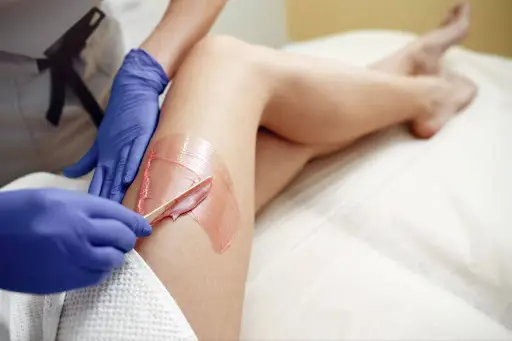


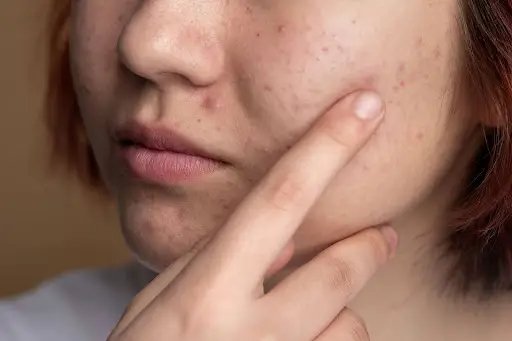
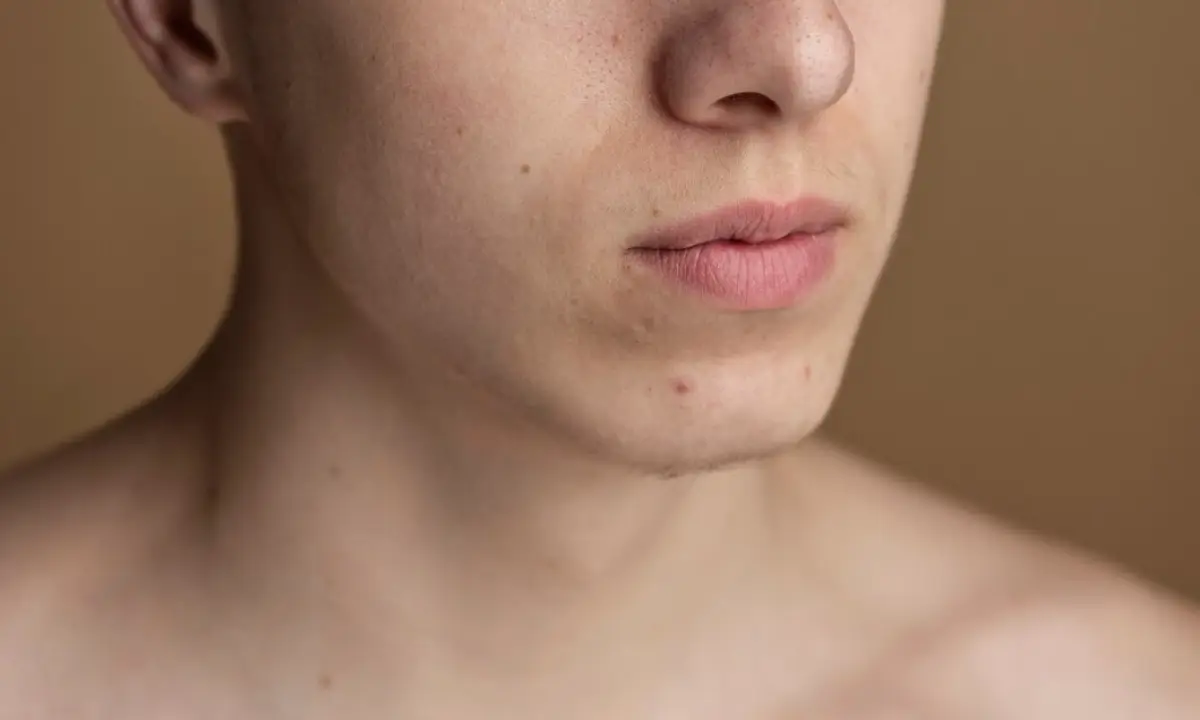
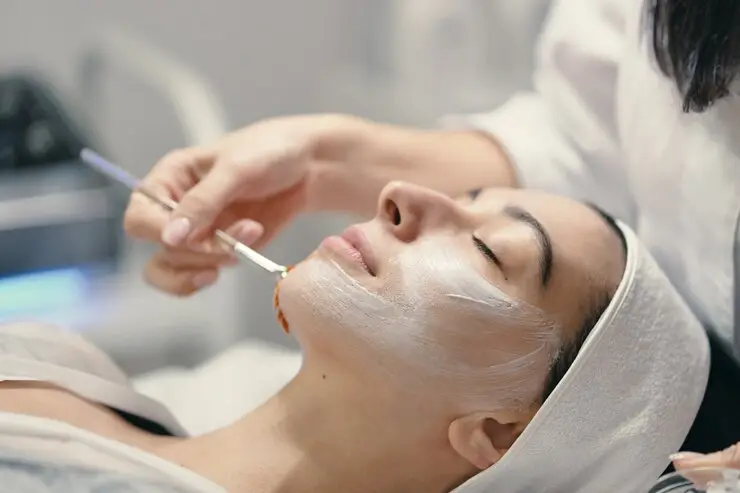
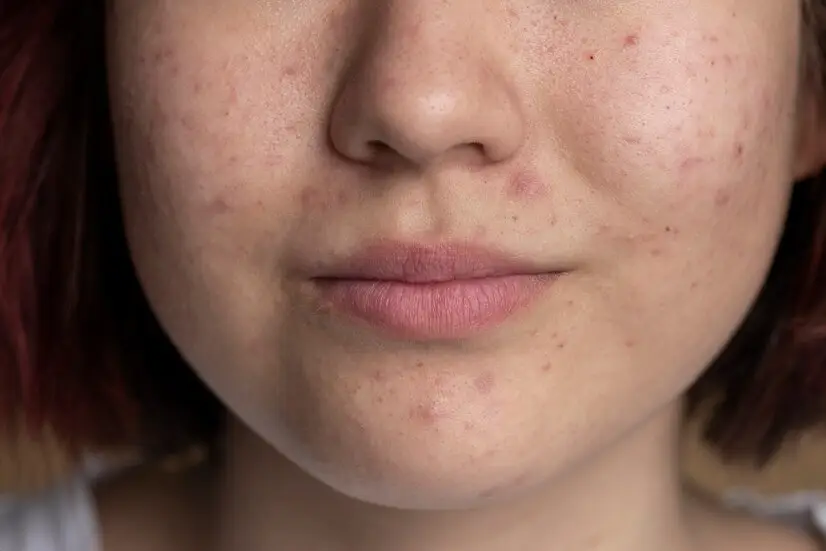
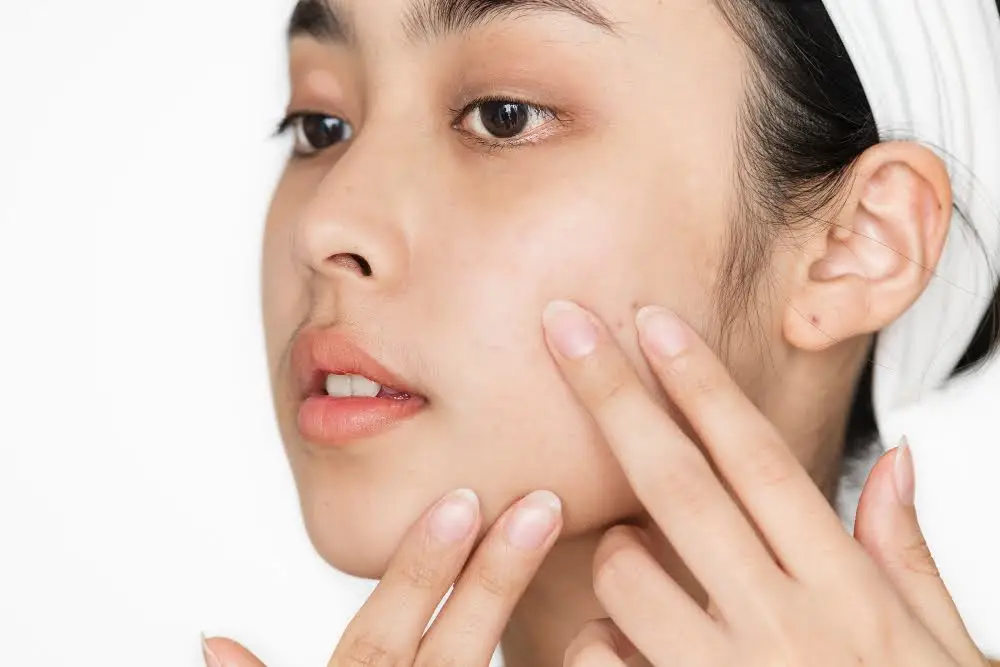
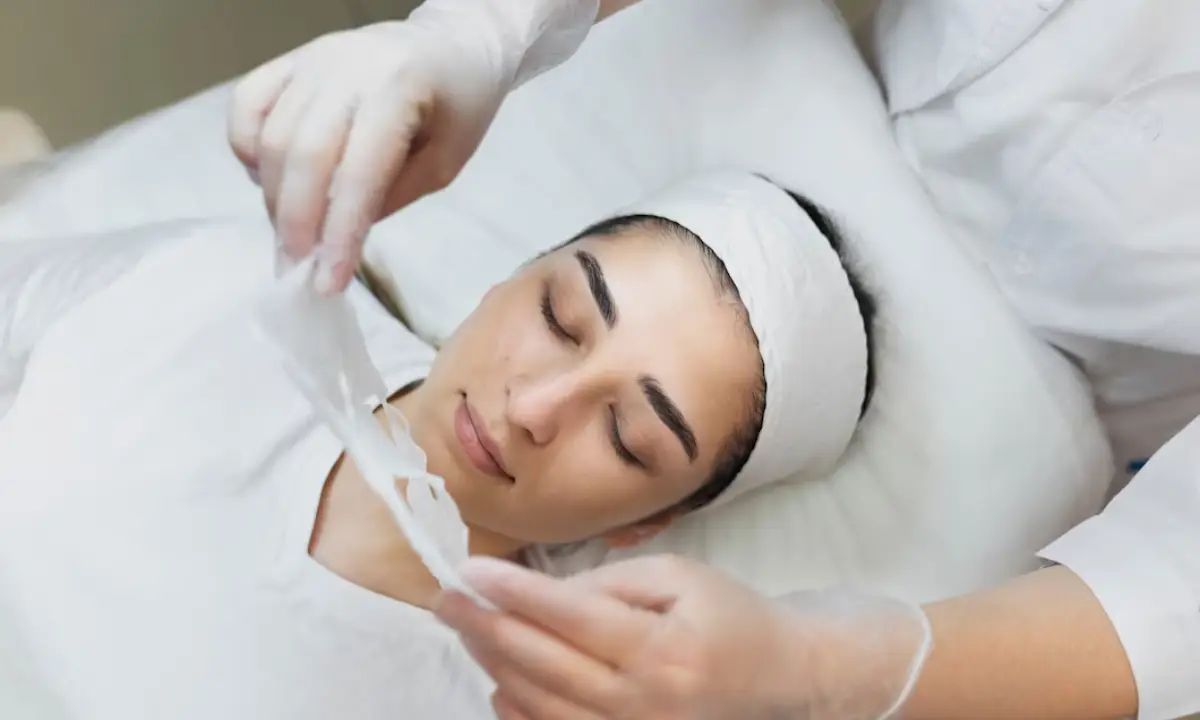
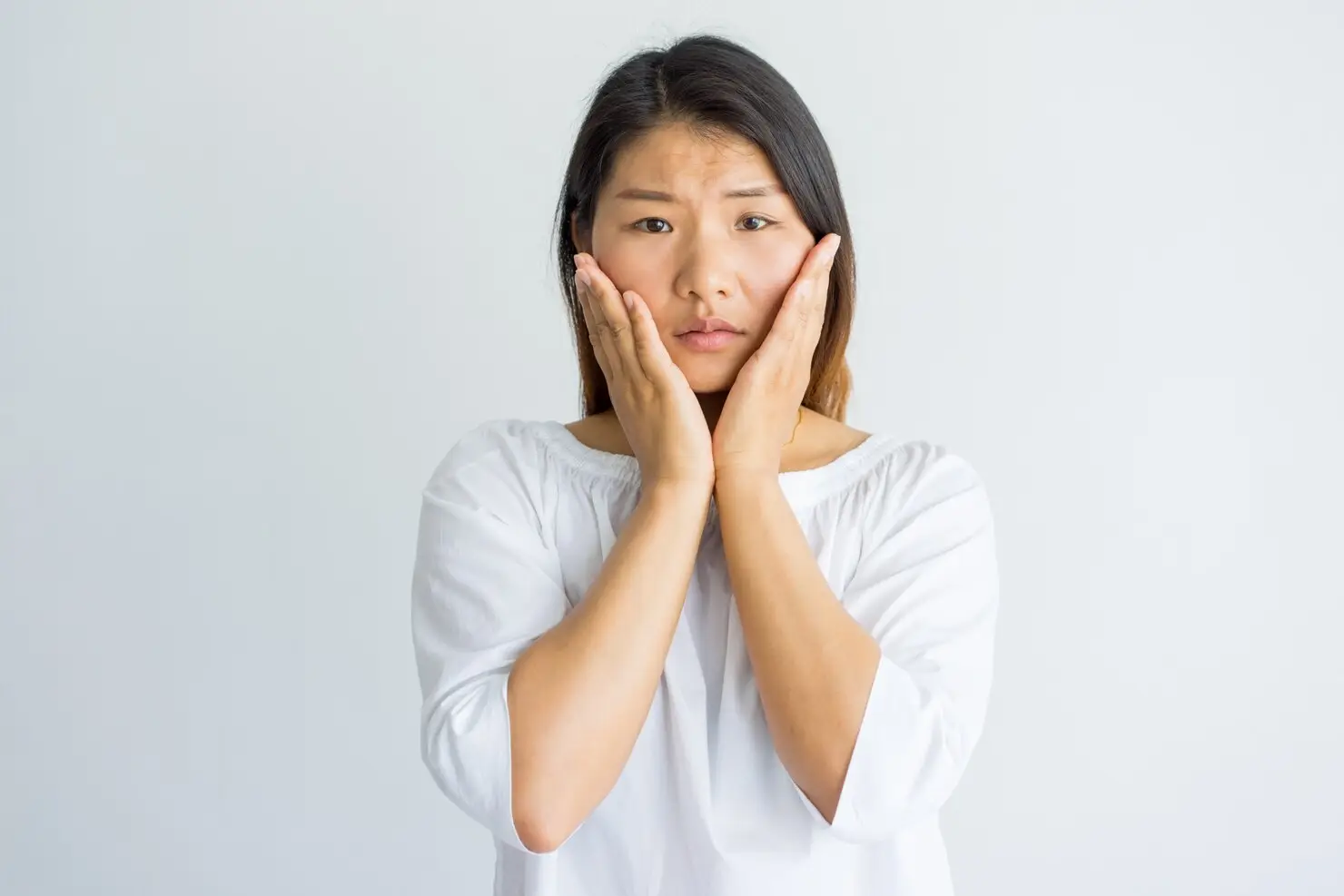
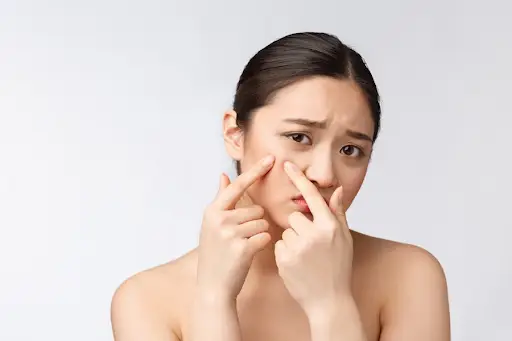
.webp)

